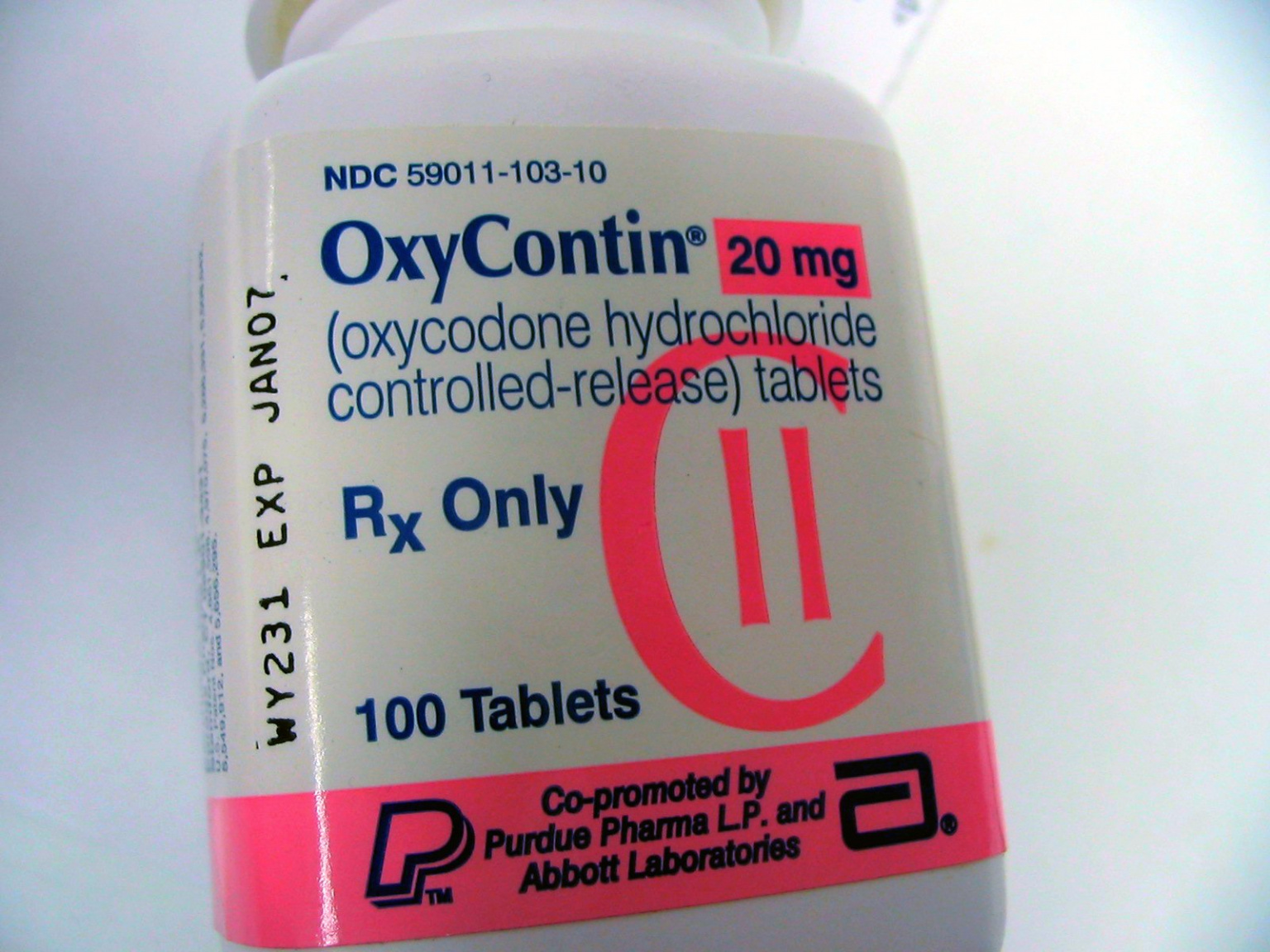 Many people don’t understand why or how people become addicted to drugs. They may mistakenly believe that those who use drugs lack morals or willpower and they could stop using if they wanted to. In reality, drug addiction is a complex disease. Recovery often takes more than strong will and good intentions.
Many people don’t understand why or how people become addicted to drugs. They may mistakenly believe that those who use drugs lack morals or willpower and they could stop using if they wanted to. In reality, drug addiction is a complex disease. Recovery often takes more than strong will and good intentions.
Since 1999, overdose deaths in the U.S. have quadrupled, according to the Centers for Disease Control and Prevention. Greene County opioid overdoses have similarly grown, from a rate of 8.6 deaths per 100,000 in 2000 to 31.6 deaths per 100,000 in 2015.
City and county leaders recognized the impact of opioid misuse in Greene County and in August approved the implementation of a prescription drug monitoring program (PDMP). This software will give doctors and other prescribers a tool to talk to their patients about safe use of opioids, as well as a way to deter “doctor shopping”– seeing multiple prescribers for the purpose of obtaining multiple opioid prescriptions.
Pharmacies began collecting the dispensing data of controlled medications for daily upload into the secure database system on Sept. 1. Prescriber registration began the same day, with the entire program set to go live – meaning prescribers can access dispensing data – Oct. 1. More information about the PDMP is available at health.springfieldmo.gov/PDMP.
Addressing the opioid epidemic from a different angle, a national nonprofit called Facing Addiction has chosen Springfield as one of 15 cities in the U.S. for a one-year pilot program to unify the voices of the more than 45 million Americans and their families directly impacted by addiction.
Facing Addiction’s activities center around the idea of “changing the conversation” when it comes to dealing with the issue of addressing substance use disorder and the way the public views people in recovery. It also responds to those still in the active phase of substance abuse.
Over several phases, the program will build an army of people interested in helping to dispel the stigma and misinformation that exists in the realm of addiction and recovery. This is done by recruiting and training advocates, or “captains.”
I am proud to say that I am a Facing Addiction co-captain and am looking forward to finding real solutions to helping those with addiction. Other Springfield captains are Chris Gaul, who spoke at the Missouri Opioid Crisis Summit July 20, Eric Moffitt, Brandon Galloway and Barb Campbell.
“As addiction to alcohol and other drugs now impacts one in three households in America, we must urgently work to turn the tide on this health crisis,” said Greg Williams, Facing Addiction’s co-founder and executive vice president. “We are excited about the prospect of working to train, organize and mobilize citizens to ensure a shift toward a public, health-centered response to those impacted by addiction.”
David Stoecker, director of Better Life in Recovery and a co-founder of Springfield Recovery Community Center at 1925 E. Bennett, submitted Springfield’s application to participate in the project.
While the program is slated for a one-year pilot, there is no defined endpoint in our local efforts to combat this issue. We’re building this as a sustainable and evolving resource for the men and women of Springfield to begin to move out into other communities. The end goal is to educate and involve the entire population of our area.
If you are interested in becoming a member of the Facing Addiction team, please stop by or contact the Springfield Recovery Community Center at 417-368-0852 or srccrecoverycommunitycenter@gmail.com, or visit spfdrcc.org or facebook.com/Springfieldrecovery.hope.
Additional information about opioid overdose statistics and the PDMP provided by the Springfield-Greene County Health Department.


